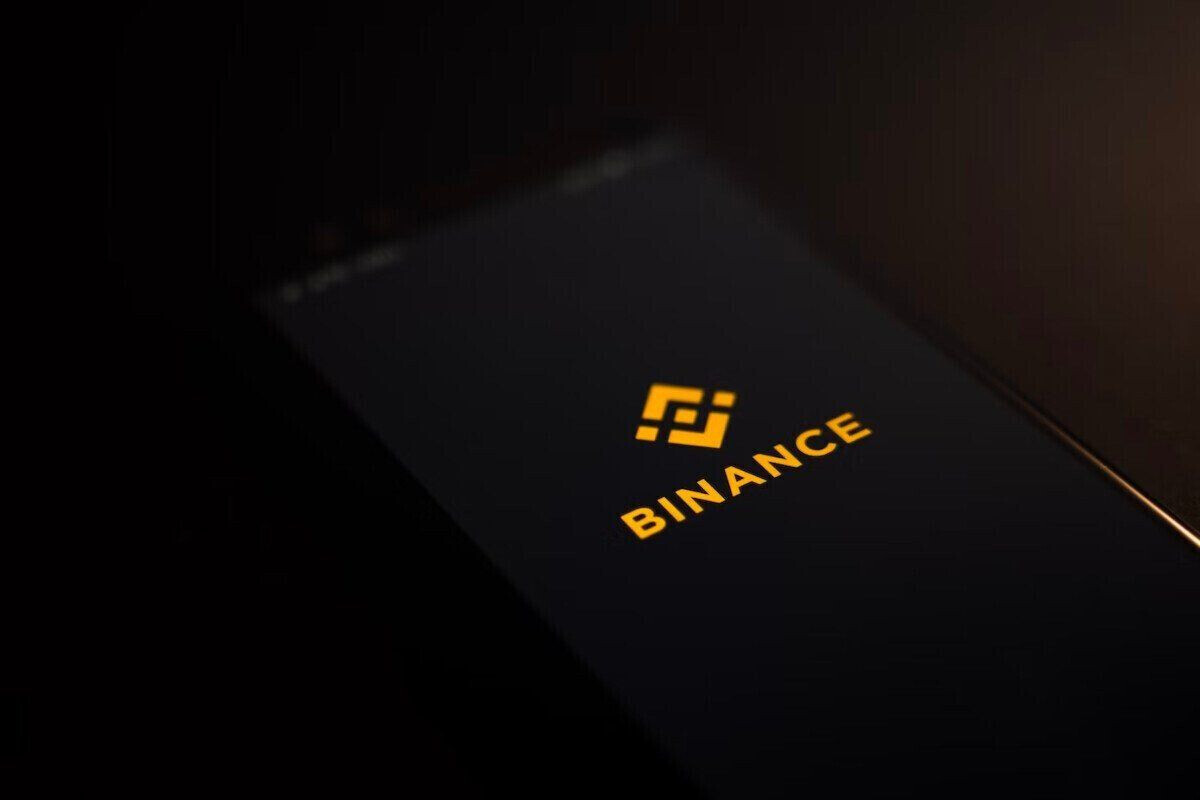Legal Action Contemplated by Binance Following Termination of Partnership with Checkout.com

On August 17, Binance, the world's largest cryptocurrency exchange, received notification from payment processor Checkout.com about the termination of their contract due to regulatory concerns.
However, according to Forbes' report, Binnace expressed disagreement with Checkout's grounds for contract termination and mentioned potential legal action.
Binance spokesperson Dewi Mustajab stated, ‘We've made significant strides in developing a top-tier compliance program and aspire to enhance trust with regulators and partners.' Mustajab added that the contract termination by Checkout would not affect Binance's services.”
The London-based credit card processing company, Checkout.com, which had handled billions in crypto transactions for Binance clients, terminated its contract with the crypto giant as conveyed in letters sent to Binance on August 9 and 11.
The initial letter referred to “reports of regulator's actions and orders in relevant jurisdictions” and “inquiries from partners” as reasons for the termination.
Another letter was sent two days after the first raised concerns about Binance's anti-money laundering, sanctions, and compliance controls, setting the termination date as August 17, 2023.
Checkout.com swiftly severed ties with Binance following the closure of Binance Connect, the exchange's business-oriented cryptocurrency trading division. Checkout.com has supported this service since its launch in March 2022.
In March 2022, Checkout.com and PaySafe partnered with Binance to aid in the launch of Bifinity (later renamed Binance Connect), a fiat-to-crypto payments platform designed to connect businesses, merchants, and users with the cryptocurrency realm.
The platform enabled merchants to accept cryptocurrency payments while users gained access to buying and selling cryptocurrency services.
Binance shut down the Binance Connect platform on August 16, the same day it learned of the partnership failure with Checkout.com.
However, Binance's termination of Binance Connect did not reference Checkout.com explicitly. The exchange stated that the decision was made “due to strategic reasons” without providing further details.
A Binance spokesperson said, “We regularly evaluate our products and services to ensure our resources remain dedicated to core initiatives that align with our long-term strategy. We consistently adapt and adjust our business approach based on evolving market and user demands.”
Collaboration Impact: Binance and Checkout.com's Crypto Market Journey
In March 2020, Binance sought crypto market credibility, while Checkout.com aimed to change its image from adult content payments. Their collaboration achieved this, benefiting both crucial services and high transaction volume.
Having recently processed $300 million to $400 million in Binance transactions, Checkout has joined the list of payment providers severing ties with the crypto giant amidst multiple global investigations. The European payments provider PaySafe also terminated its collaboration with Binance in June.
Binance's severance is a significant setback, given its crucial role in boosting London's payment processing company into a valuable European entity.
Binance drove $2 billion in monthly transactions for Checkout.com in 2021, boosting its revenue and aiding a $1 billion funding round, valuing the company at $40 billion.
Binance is currently facing a legal dispute with U.S. regulators. In March, the Commodity Futures Trading Commission (CFTC) took legal action against Binance, Zhao, and former Chief Compliance Officer Samuel Lim, asserting violations of the Commodity Exchange Act and pertinent federal regulations. They were accused of overseeing an “illegal” exchange and a misleading compliance program.
Subsequently, in June, the Securities and Exchange Commision (SEC) filed a lawsuit against Binance and its CEO, citing their blatant disregard for federal securities laws. The allegations comprise 13 charges, which encompass running an unregistered exchange.



